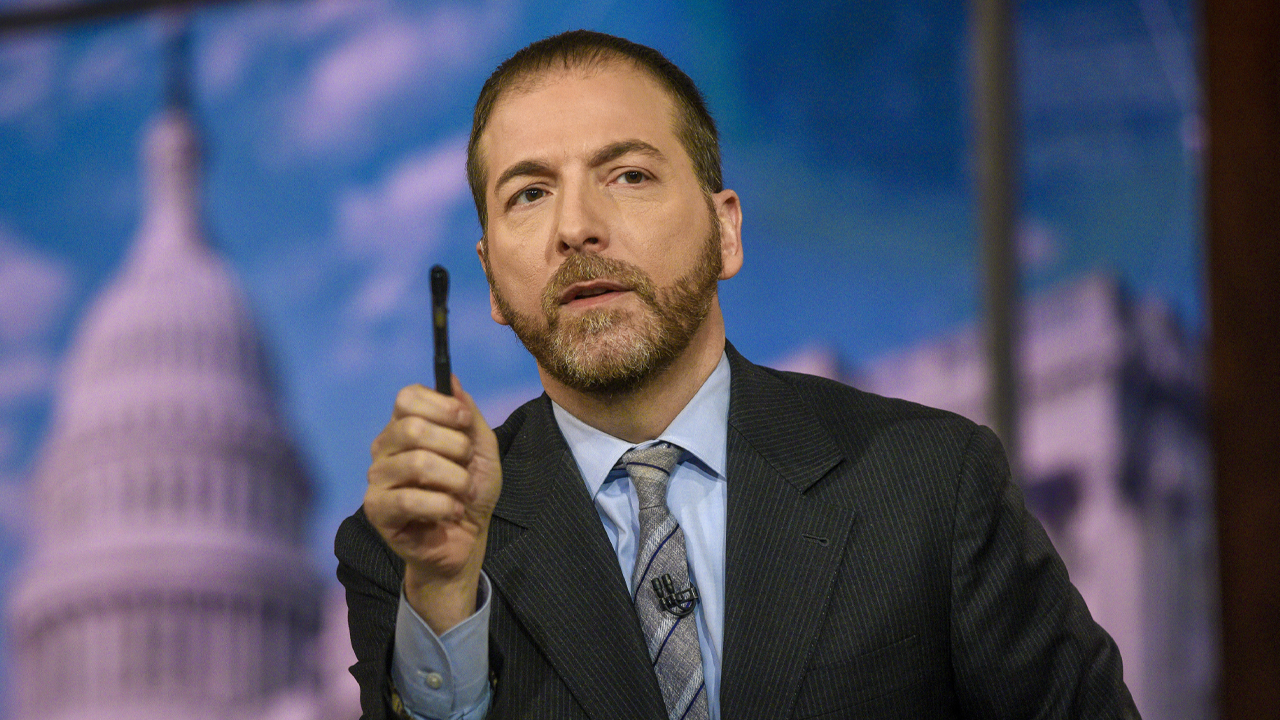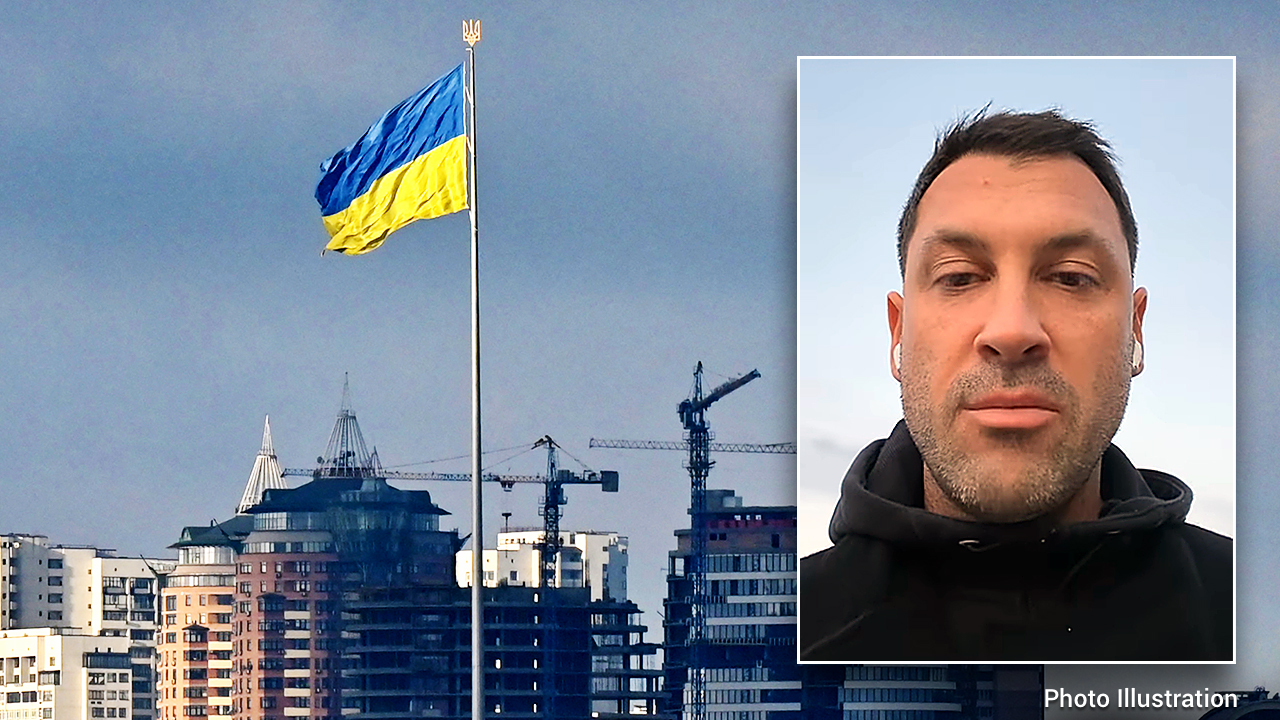CNN
Russian President Vladimir Putin’s invasion of Ukraine is increasingly targeting civilians as his military runs into a fiercer-than-expected resistance and more and more refugees head to the border. Get the latest on the invasion.
Ukrainians are fighting for their country and for their lives. The US fears that Putin’s henchmen have a “kill list” of Ukrainians to attack or detain if Russia takes control.
Meanwhile, his government has tightened its grip on the media to control what Russians see and think.
Censorship. A new law makes discrediting the Russian military punishable by hefty fines or up to 15 years in prison. The law against “fake” news prohibits making references to the military operation in Ukraine as an “attack, invasion or declaration of war.”
International media organizations have expressed fear for their journalists in Russia.
Information crackdown. Western news sites and Facebook have been blocked to keep information from the population.
Last week, CNN talked to Russians who don’t believe their government, those who accept what they see from the government and others who don’t know what to think.
Mass arrests. More than 13,000 people have been arrested in Russia in anti-war demonstrations, according to an independent monitoring group, although CNN cannot verify the numbers.
This is what dictators do. Such government controls over life and information are the hallmark of dictators, of which Russia has had their share. Putin’s reign is second in length only to Joseph Stalin, the Communist leader whose image Putin has tried to rehabilitate.
Authoritarian Russia. “It has been authoritarian for a long time, it’s getting worse and worse and worse,” Beth Sanner, former deputy director of National Intelligence, told CNN’s Abby Phillip on Sunday, when asked if Russia was veering toward totalitarianism — where the state controls all aspects of life.
Sanner pointed to reports that some Russians are fleeing the country.
“There are no limits really on Putin’s ability to do what he wants inside that society. And I do worry about this brain drain, you know, the people who have means, the people who are smart, the people who might challenge Putin over time are the ones leaving and the people left are the ones who believe state TV.”
Must the US learn to live alongside dictators? Sanner appeared alongside the Washington Post columnist Josh Rogin, who said the democratic experiment in Russia is failed — and that’s something the US and the West need to start dealing with.
“We need to examine the idea that democracies and dictatorships can coexist,” Rogin said.
“How we go forward is we realize these dictatorships are not in the business of working with us,” he added.
Isolated, more and more. Russia is already, increasingly, cut off from much of the West. Netflix and TikTok announced they would join the list of companies suspending all or some of their services in Russia.
Netflix had refused to put Russian state TV on its platform. TikTok cited the new punitive “fake” information law.
There are more and more calls to isolate Russia with additional sanctions. The US is considering easing sanctions against Venezuela to make room for more non-Russian oil production.
“We do not need to be funding these murderous dictators that mean us harm and that mean to replace the United States, who is leading the world’s democracies, with their version of totalitarian regimes,” Rep. Mike Waltz, a Florida Republican, told CNN’s Pamela Brown on Sunday.
It’s a unique challenge, for a world that has grown so interconnected as a result of globalization, to be dealing with a nuclear-armed autocrat leader bent on nationalist expansion.
Call this what it is. Putin’s goal in all of this isn’t control so much as a Russian empire of sorts, according to Fiona Hill, the former White House official and Russia expert, who compared Russia’s effort to expand today to Germany’s before World War II.
“People don’t want to talk about Adolf Hitler and World War II, but I’m going to talk about it,” she told Politico in a must-read interview last month, noting she was not referring to the Holocaust, which must always be the “the major element when you talk about World War II.”
“But let’s focus here on the territorial expansionism of Germany, what Germany did under Hitler in that period,” she said in the interview, in which she laid out Germany’s expansion over the course of years and concluded, “… here is Vladimir Putin doing exactly the same thing.”
Viewed over the longer term — since 2008 — Putin has been slowly acquiring land, bringing neighbors under his control and setting the precedent that he can take by force whomever resists.
There is increasing concern that Putin could move against other countries, particularly Moldova.
“Russkiy Mir.” Hill also points to Putin’s belief in a “Russkiy Mir” or Russian World.
“He’s saying Ukrainians and Russians are one and the same,” Hill said. “This idea of a Russian World means re-gathering all the Russian-speakers in different places that belonged at some point to the Russian tsardom.”
Putin will need to at least nominally stand for reelection in 2024, when his main Russian rival, who survived poisoning and has been barred from running for office, may still be detained at a penal colony.
Putin on totalitarianism. Putin said in 1996 — back when his country was veering toward democracy after decades of Communism and he was transitioning into the national government — that it might take a strong hand to control Russia.
“As sad or scary as it might sound, in my view a turn to totalitarianism for a certain period of time in our country is possible,” Putin said, according to video published by Russia’s Lenta and aired on CNN.
The extended clip is about him pushing Russian democracy, but recognizing a Russian tendency to seek comfort in a strong hand, according to CNN’s John Avlon, who discussed the clip on “New Day.” It’s a stretch to think he was referring to himself. In the next line, per Avlon, Putin says, “Sometimes that strong hand, though, can strangle us.”
A refugee crisis. Hill is not the only one seeing vivid comparisons between Russia’s current attempts at expansion and Germany’s.



Connect with us on our socials: